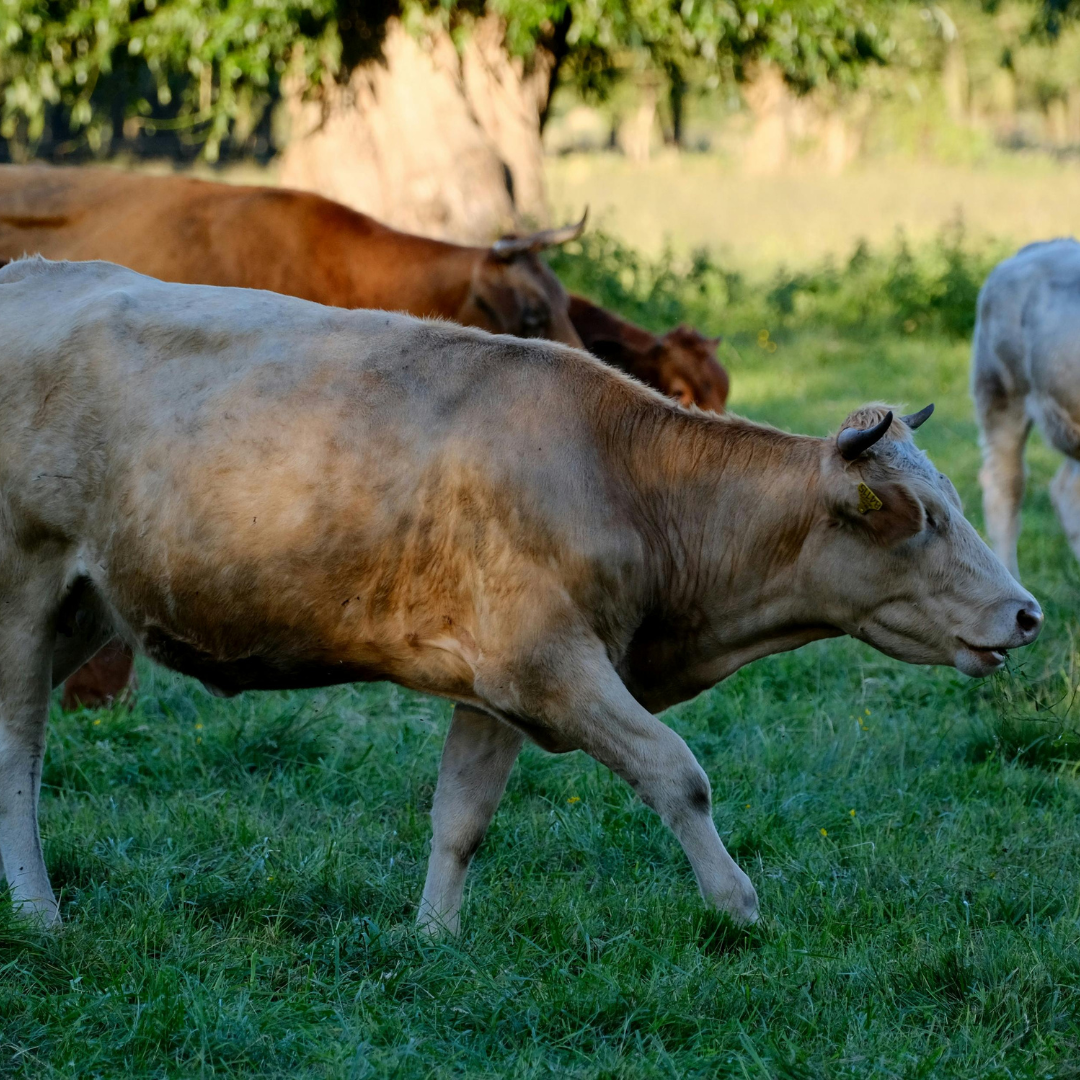
Brucella Disease
Brucellosis Disease: Signs, Treatment, and Prevention
Responding to Farmers’ Questions
Farmers often ask: “What is brucella disease, and how can I protect my livestock?” Brucella disease, also known as Brucellosis, is a bacterial infection caused by bacteria of the genus Brucella. It affects cattle, goats, sheep, and pigs, and can lead to abortions, infertility, reduced milk production, and severe economic losses. Brucellosis is also a zoonotic disease, meaning it can be transmitted to humans, making early detection and management even more critical.
Brucella bacteria typically enter the animal’s body through mucous membranes, broken skin, or contaminated feed and water. Infection is more common in herds with poor biosecurity or animals introduced from untested sources. The disease spreads slowly but steadily, often remaining undetected for months, which is why regular herd monitoring and veterinary testing are essential.
Symptoms of brucella disease
Farmers should watch for the following signs:
-
Abortions, particularly in the last trimester of pregnancy
-
Retained placenta after calving
-
Reduced fertility and irregular heat cycles
-
Swollen testicles in males
-
Decreased milk production
-
Weak or unthrifty offspring
Treatment of brucella disease
-
Veterinary diagnosis: Blood tests and laboratory confirmation are critical
-
Antibiotic therapy: Administered under strict veterinary supervision; treatment is often prolonged and may not fully eliminate the bacteria
-
Supportive care: Provide proper nutrition, hydration, and stress-free management to support immune function
-
Herd management: Isolate infected animals to prevent spread
Prevention and Farmer Tips
-
Vaccinate animals according to local veterinary recommendations
-
Quarantine new or returning animals before introducing them to the herd
-
Practice strict biosecurity: disinfect equipment, housing, and water sources
-
Avoid contact between livestock and wildlife that may carry the disease
-
Regularly monitor reproductive performance and promptly investigate abortions
Brucellosis can have long-term effects on herd fertility and productivity. Farmers noticing any signs of reproductive issues or unusual illnesses should consult a veterinarian immediately. Maintaining strict hygiene, vaccination, and careful herd management are essential for controlling the disease and ensuring a productive livestock operation.